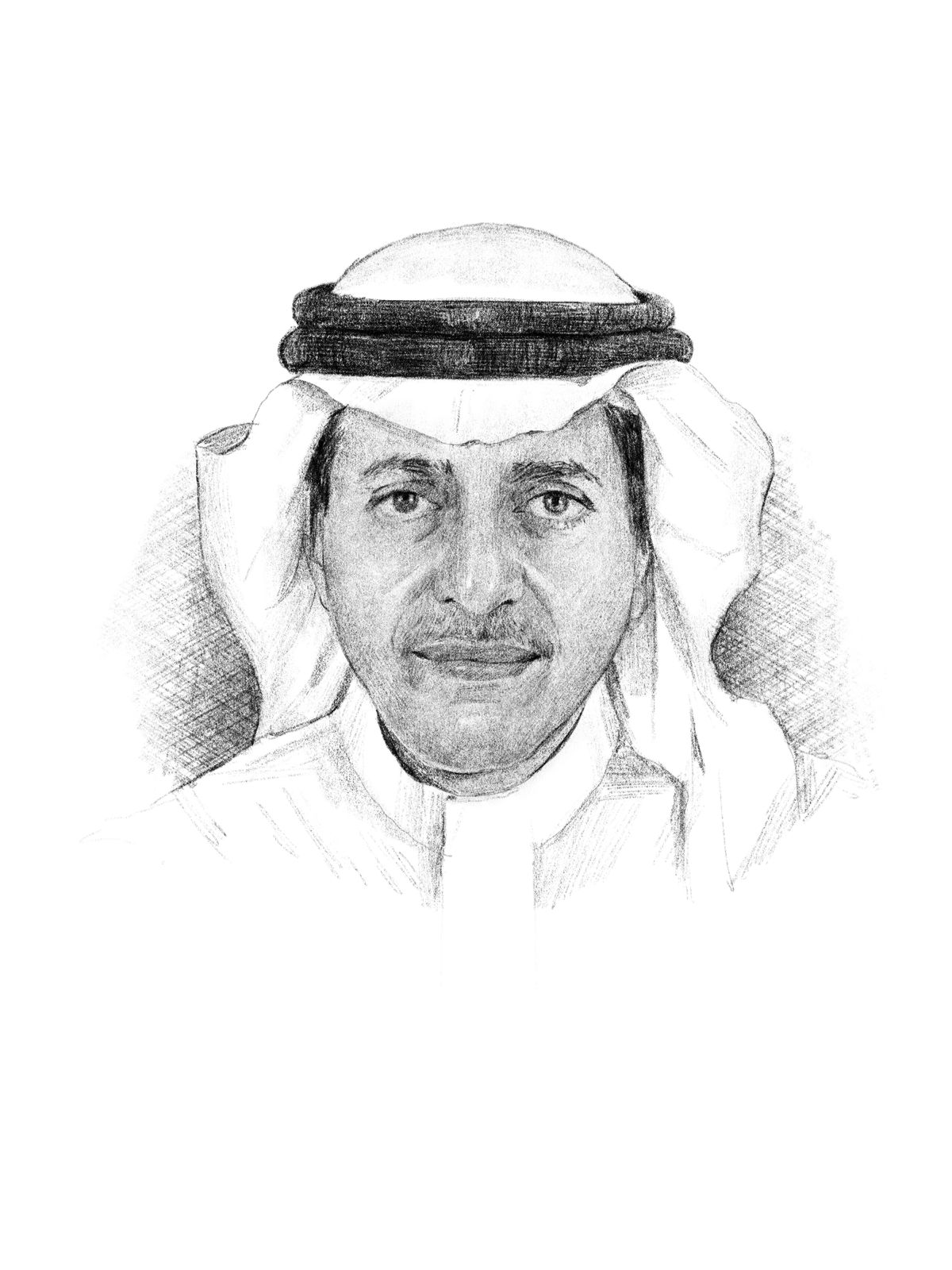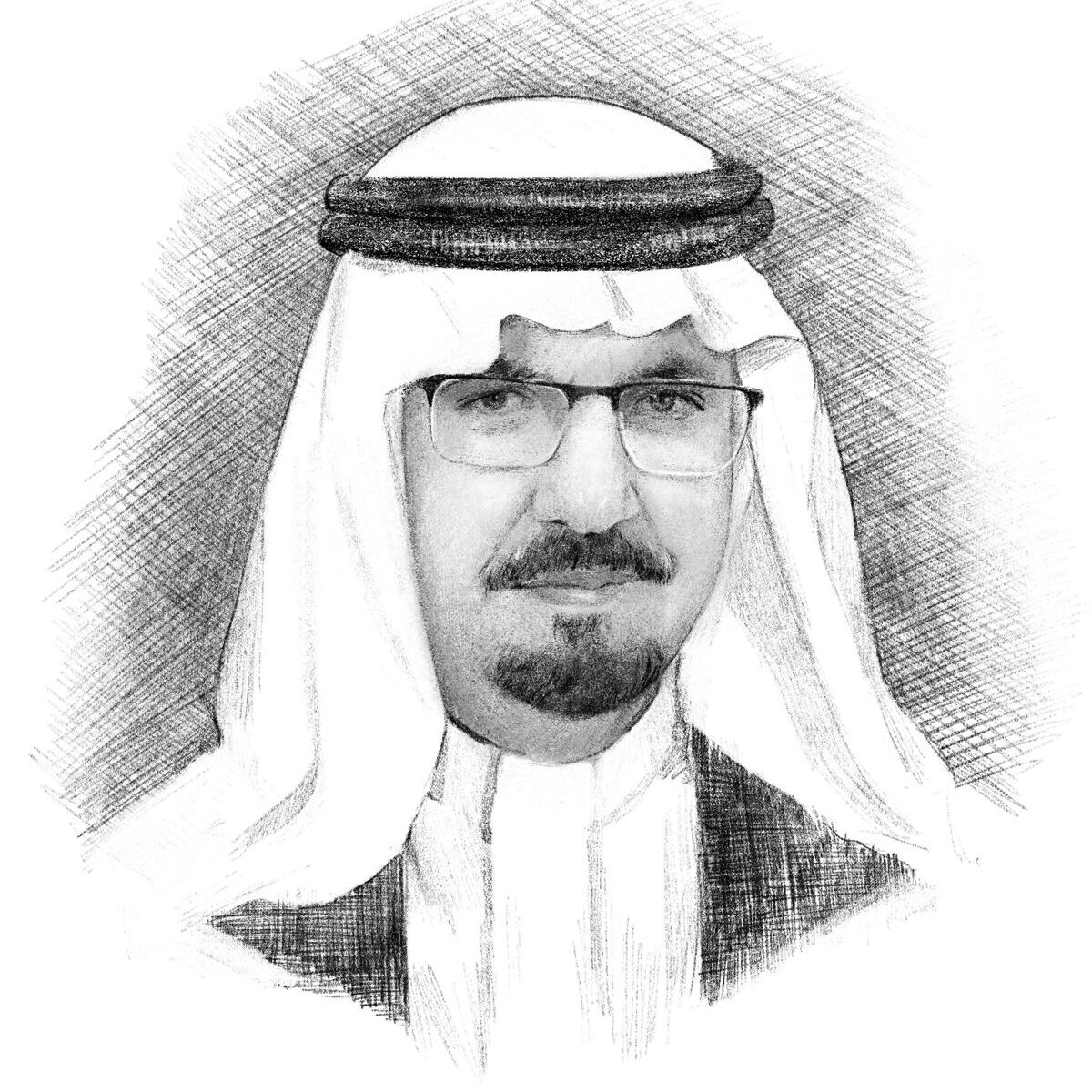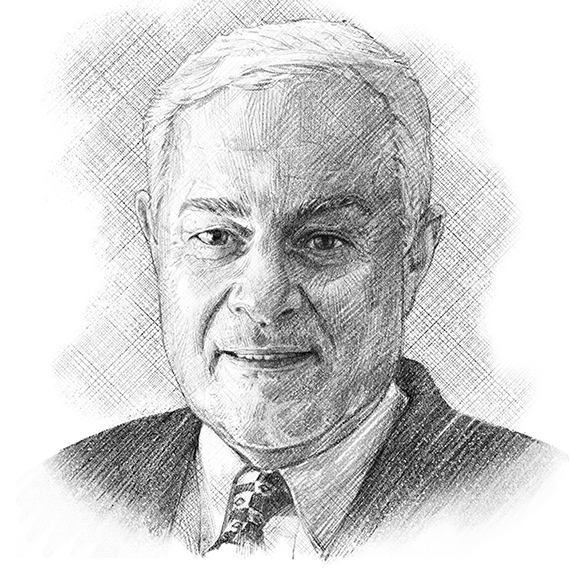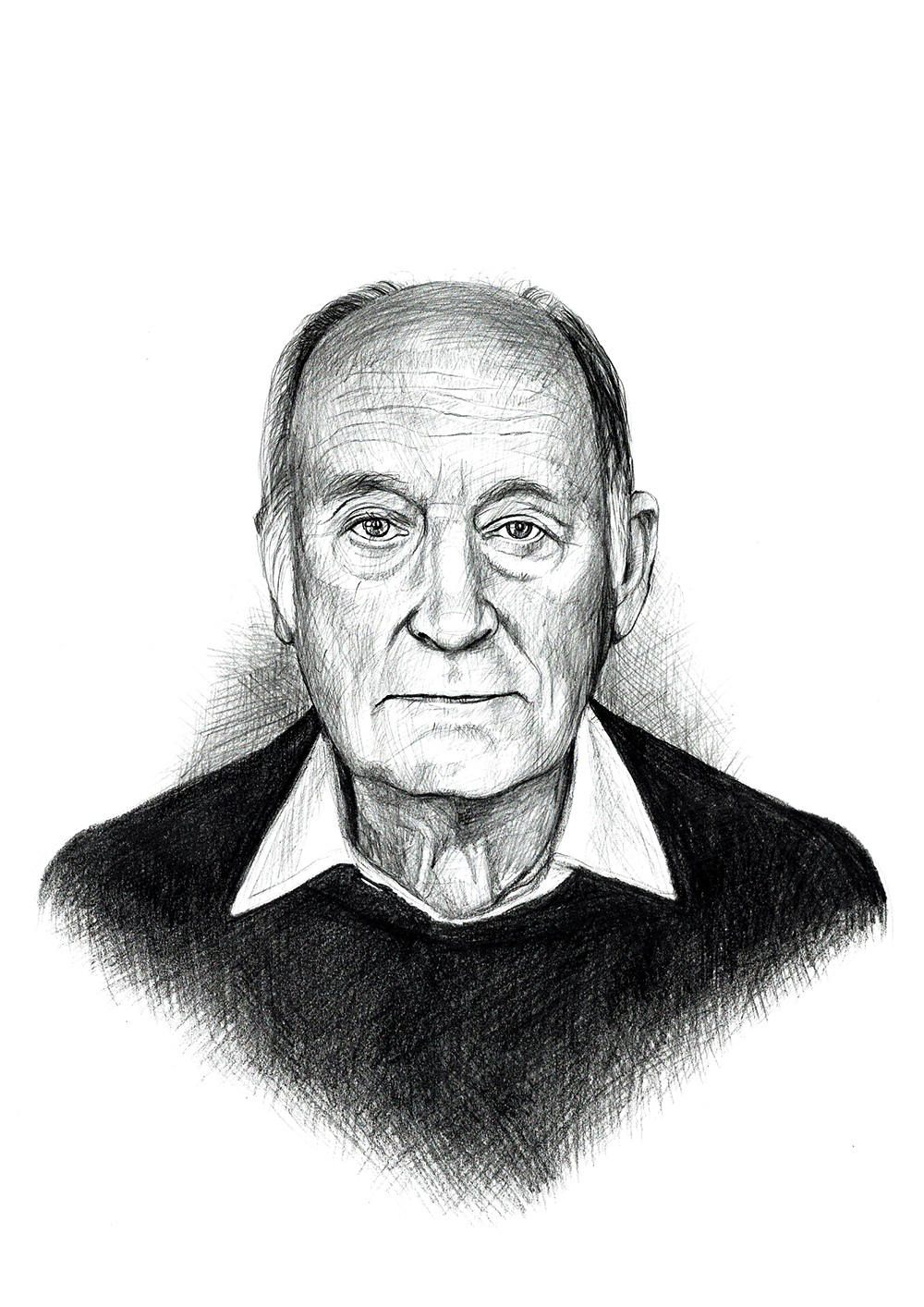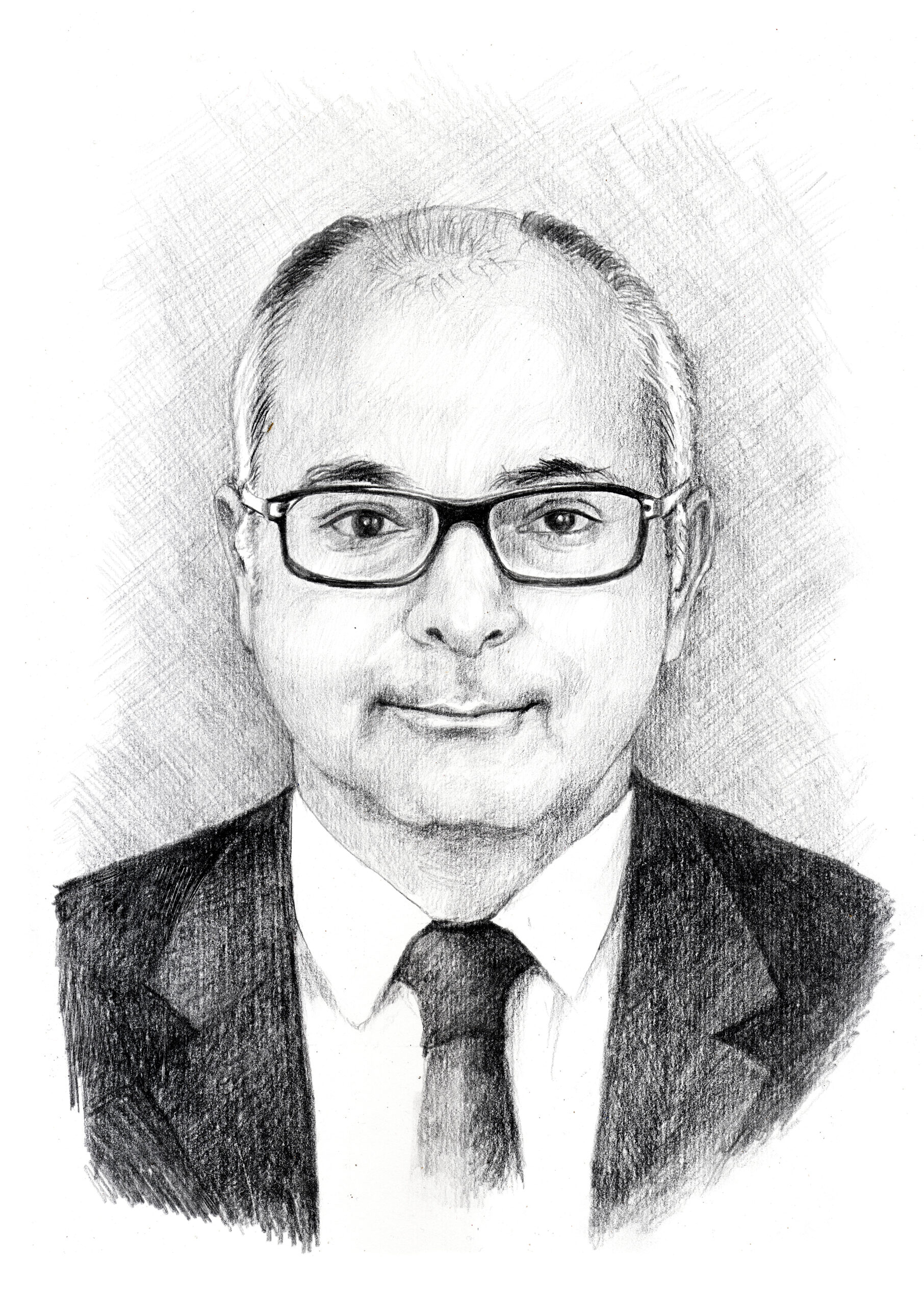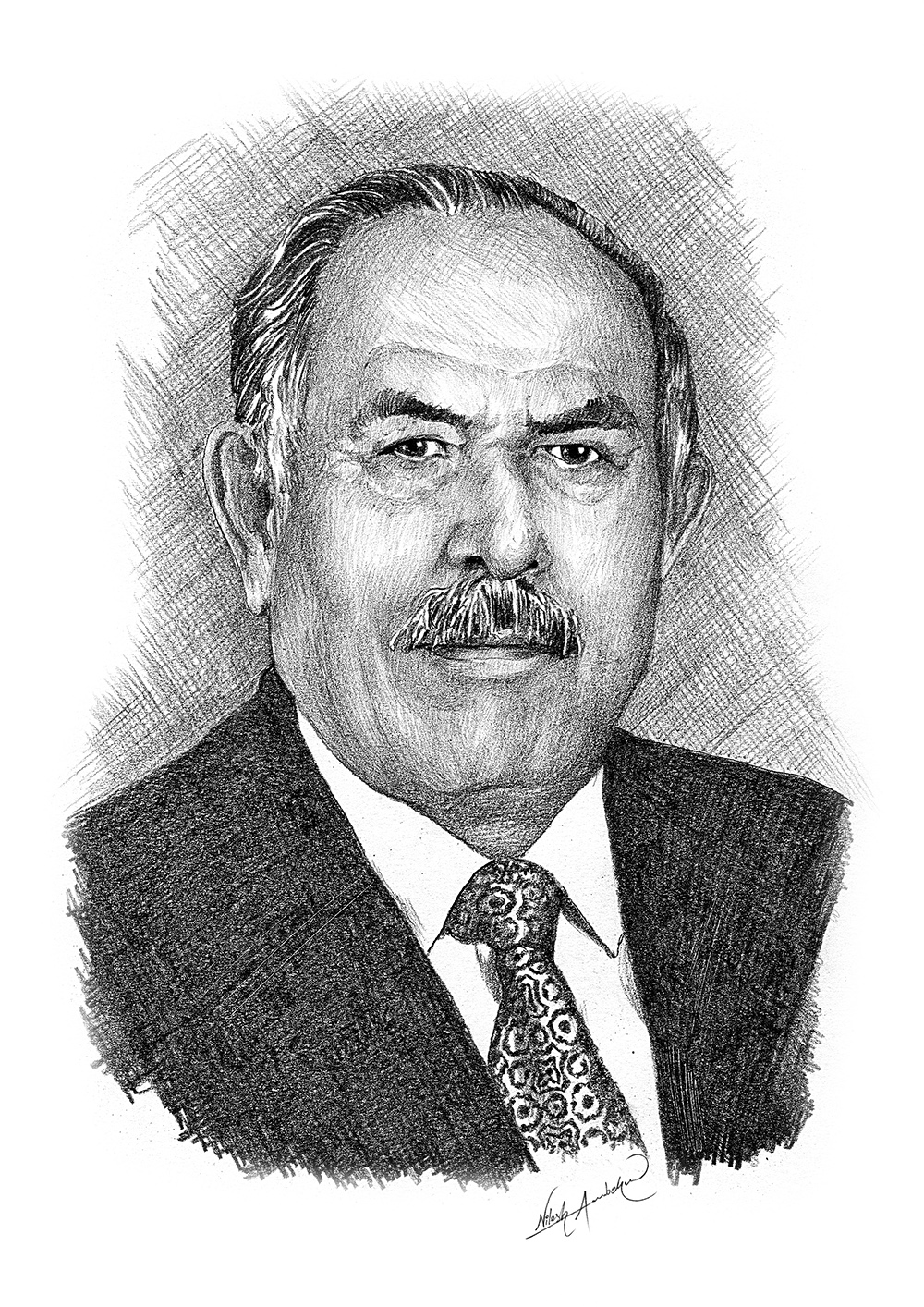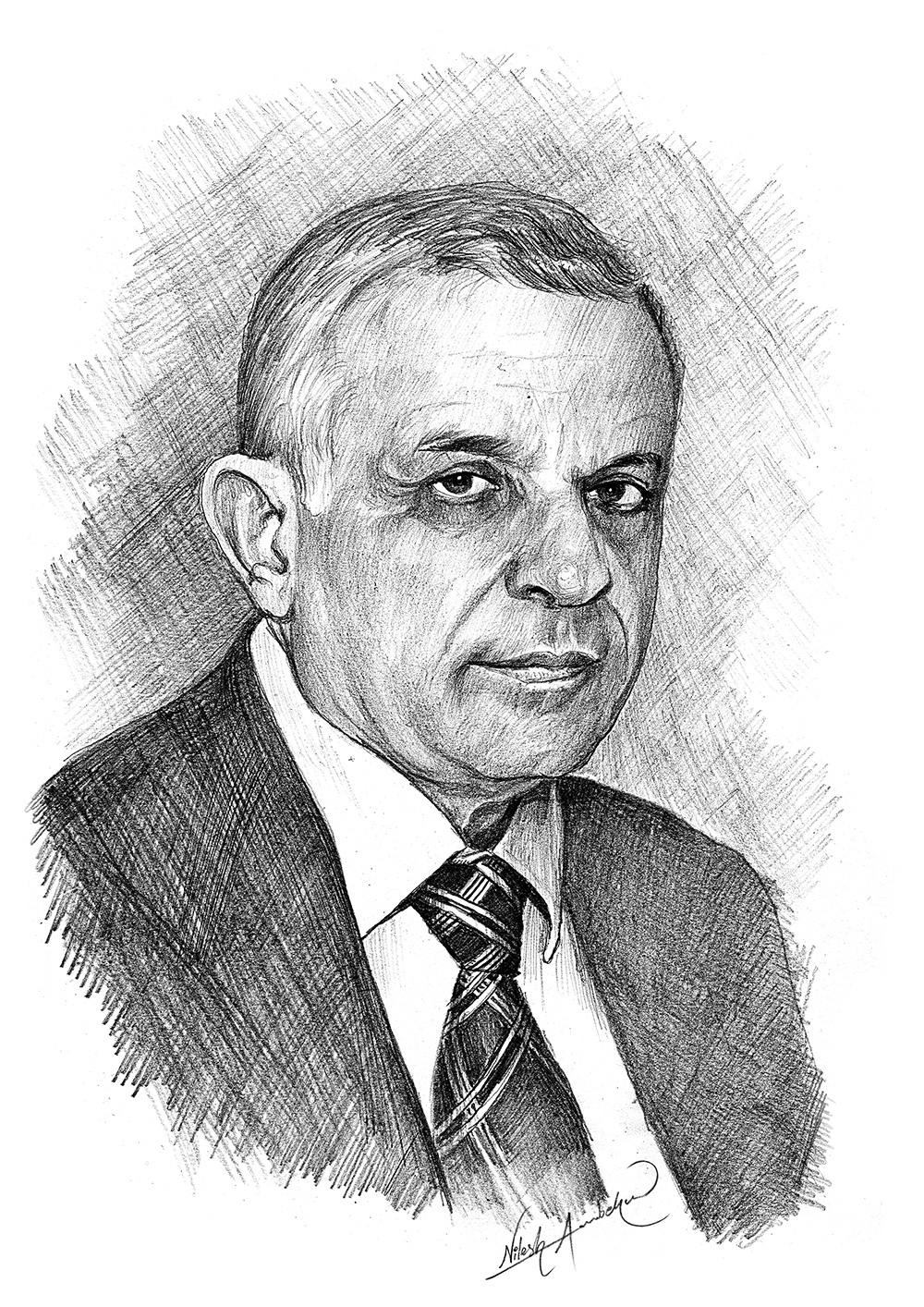Said Faiz Alsaid earned a Ph.D. in Semitic Civilizations and Languages from the University of Marburg, Germany in 1994. He served as the Head of the Department of Archaeology, Dean of the College of Tourism and Archaeology, and Dean of the King Abdullah Institute for Research and Consulting Studies. He is the Secretary General of the King Abdullah International Translation Award, a member of the Board of Directors of the Heritage Commission, and a visiting professor at the University of Marburg, Germany (2001), the University of Nancy, France (2007), and the German Archaeological Institute (2015).
Professor Alsaid authored and translated 91 scientific papers on the archaeology of the Arabian Peninsula, all of which were published in 15 books and peer-reviewed scientific journals in Arabic, German, English, and French. Professor Alsaid took part in several archaeological excavations at various sites across Saudi Arabia, including Al-Faw site, Field supervisor for the King Saud University excavation team at the Dadan site (2004-2010), Co-chair of the Saudi-German excavation project in Tayma (2004-2010), and Co-chair of the Saudi-French project for documenting and studying archaeological inscriptions in the Najran region (2007–2014). He also conducted several archaeological surveys at sites such as Al-Birk site in Jazan, Tayma, Tabuk, Najran, Al-Ula, Madain Saleh, Hail, Thaj, and Al-Quwaiyah. The results of these surveys were published in books and peer-reviewed scientific journals. Professor Alsaid also contributed to navigating and identifying King Abdulaziz’s route to reclaim Riyadh and aided in preparing the archaeological content for the National Museum and Al-Murabba Palace. Furthermore, he was involved in the establishment and preparation of academic programs in archaeology, including Chair of the Scientific Committee for establishing the College of Tourism and Archaeology at King Saud University, Chair of the Scientific Committee for developing the curriculum for the Archaeology program at King Saud University, Chair of the Scientific Committee for developing the curriculum for the Heritage Management program at King Saud University, Chair of the Scientific Committee for the international accreditation of the Archaeology program at King Saud University, and Chair of the Scientific Committee for developing the specialized standards and learning outcomes document for the Archaeology program, a readiness project with the Saudi Education and Training Evaluation Commission.
Since 2019, Professor Alsaid has been selected as a member of Saudi Arabia’s team of accredited experts for the World Heritage Committee (UNESCO). He has also supervised 16 master’s and doctoral theses in the fields of archaeology and heritage management. He served as the Secretary of the Saudi Archaeological Studies Association from 1998 to 2008, Vice President of the Saudi Archaeological Society in 2021, and Chief Editor of Archaeological Studies journal, the journal of the Saudi Archaeological Studies Association (1998–2006). He was also the Editor of the annual book of the Department of Archaeology, Studies in Archaeology (2006–2013).
Professor Alsaid received several prestigious awards, including King Abdulaziz Prize for the Book in 2014, The King Saud University Deanship of Graduate Studies and Scientific Research Award for Distinguished Scientific Publication in 2011, The Shoman Award for Arab Researchers in 2003, The German Alexander von Humboldt Fellowship in 2000, a Certificate of Appreciation from the Arab Awards Forum in 2021, a Corresponding Member of the German Archaeological Institute since 2006, and a Certificate of Appreciation for Pioneers in Archaeology from the Ministry of Media in 2012.

